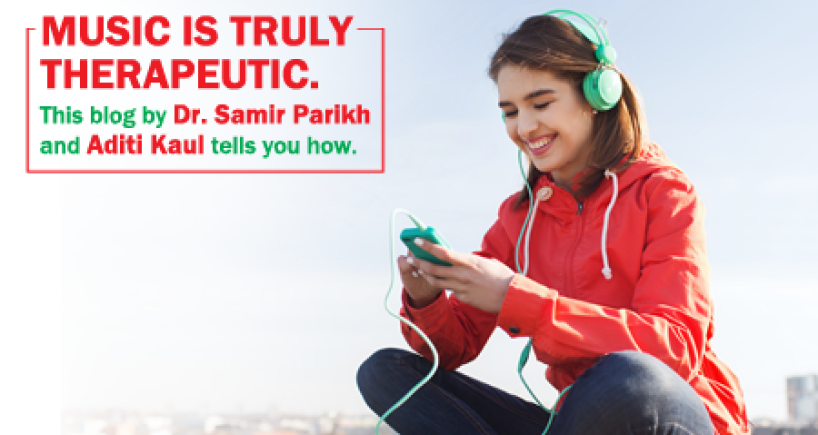
Music Therapy

When sounds, melodies, voices and instruments collide to create harmonies that transcend boundaries we call it music. Music in different forms, textures, speeds and language has been part of the world’s history and are an extremely integral representation of what society wants and needs at the time. It is both a representation of what people experience as well as what they need or want.
Research shows that listening to music and actively participating in creating music through voice or instruments shows significant positive physical and emotional health results.
Music In Therapy
The need for Alternatives
The healing powers of music help create a sense of calm, balance and composure. It helps bring groups of people together, and during the process of creating music getting people completely in sync with the person creating the music as well as themselves.
Most of us face a variety of struggles through the course of our lives, but not all of us find talking about them the best or most comfortable medium. Music acts as an alternative medium for catharsis and resolution of psychological conflicts and struggle. It allows for free expression without creating a burden on language words and conversation, which creates a space for clients to break past their defenses and let go and at the same time begin to come to terms with their struggles.
According to The American Music Therapy Association, Music Therapy is the clinical and evidence-based use of music interventions to accomplish individualized goals within a therapeutic relationship to address physical, emotional, cognitive, and social needs of individuals.
The Process
The therapist through analysis of the problems, strengths and needs of each client creates a treatment plan using a combination of –
- Singing
- Rhythm
- Percussion
- Moving and/or listening to music
Music becomes a medium for clients to both strengthen their skill and through that express themselves freely. The holistic use of music techniques helps enhance confidence, communication, motivation, emotional support as well as the expression and acceptance of all aspects of ones thoughts, feelings and emotions.
Music therapy works through two different techniques: -
1) Active - Active Music work, the client and therapist both participate in creating sound through voice, instruments, movement etcetera, to work towards release, catharsis, building group trust, communication, creativity and confidence.
2) Receptive - In receptive therapy the therapist either creates or plays different kinds of music and the client is free to rest, meditate, move in stillness and focus on the sounds as well as images, ideas, thoughts and feelings that they provoke, creating relaxation, self-awareness, identification and clarity of problem areas, and goal setting with a calm mind going forward.
In its clinical application Music therapy in conjunction with other psychotherapeutic and pharmacological interventions; has shown exceptional results with patients struggling with neuropsychological, behavioral, cognitive disorders as well as disorders of childhood. It also helps coping for persons with physical health conditions in need for rehabilitation (stroke, brain injury, severe accidents)
Benefits
Music therapy through improvisation, building range and exposure, and due to its multisensory nature helps create the perfect environment for holistic healing. Bringing together families of the client helps facilitate supportive relationships outside the therapeutic setting and reduces caregiver burden.
Music acts as a catalyst to build self-esteem, confidence, relaxation, balance, motivation, alleviation of distress and enhancing interpersonal communication and most importantly a feeling of joy and overall wellbeing.
Categories
Clear allMeet the doctor

- Mental Health and Behavioural Sciences | Mental Health and Behavioural Sciences | Psychiatry | Clinical Psychology
-
21 Years
-
900



















